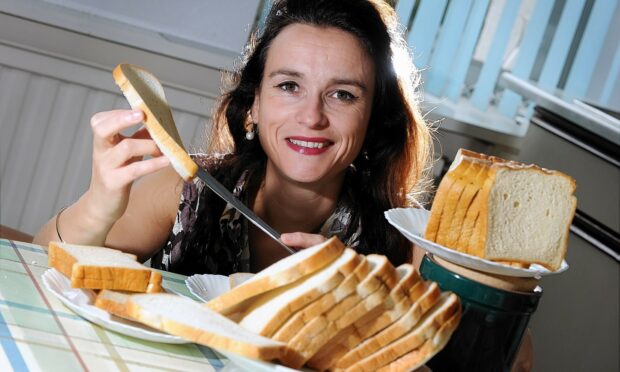Common wisdom has long held it to be the most important meal of the day.
Now scientists are conducting trials to discover whether eating a bigger breakfast could prove to be the holy grail for slimmers.
Trials will take place at Aberdeen University’s Rowett Institute involving two controlled diets, with 45% of calories given either in the morning or in the evening with the same composition of protein, fat and carbohydrates.
Participants will follow the eating plans for four weeks, with a one-week break in between.
Lead researcher Alexandra Johnstone said: “We are interested in how meal size affects energy metabolism related to digestion and absorption at different times of the day.
“It might be that the human body responds differently, related to the normal hormone release linked to our circadian rhythm – this is the normal ebb and flow of hormones related to the natural light cycle over a 24 hour period.
“Diets are generally governed by the basic principle that calories are calories regardless of what time of the day they are consumed.
“Recent studies suggest that calories are used more efficiently when consumed in the morning as opposed to the evening, and we believe that this could be used to develop new strategies for tackling weight loss.”
The study – being carried out in conjunction with Surrey University – has received nearly £800,000 from the Medical Research Council.
Previous studies have shown people known as evening eaters are more likely to gain weight and less able to lose it, but no studies on overweight and obese people comparing the impact of breakfast versus evening meal have yet been conducted in the UK.
Dr Jonathan Johnston, from Surrey University, said: “This exciting project will help us to understand why eating at certain times of day can influence body weight regulation.
“We hope the research will help people to make simple behavioural changes to improve their body weight and metabolic health.”










